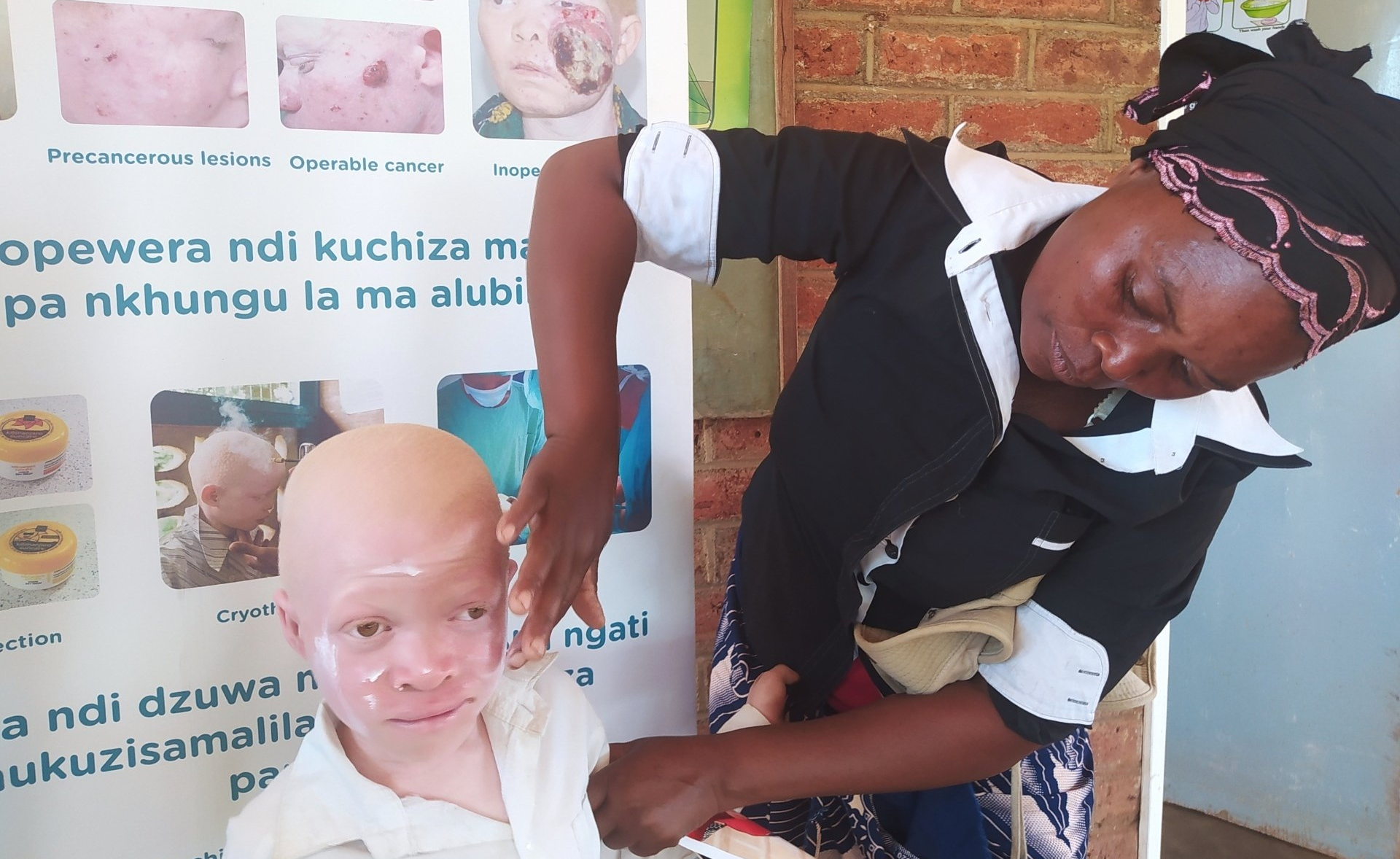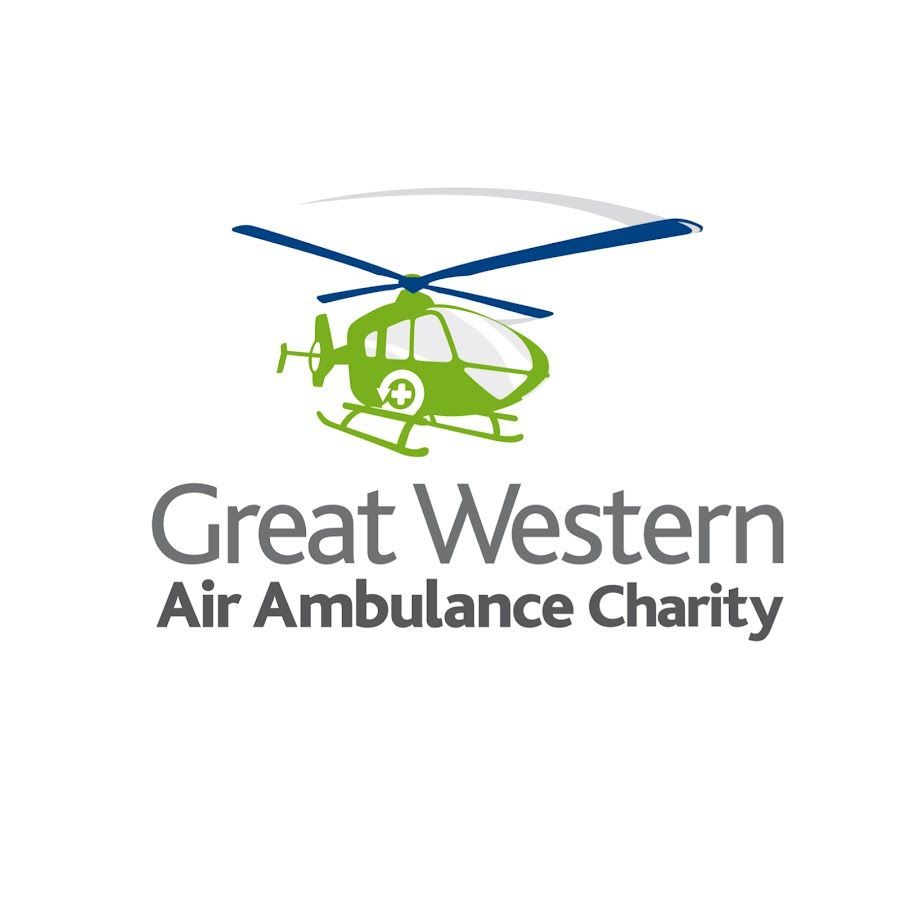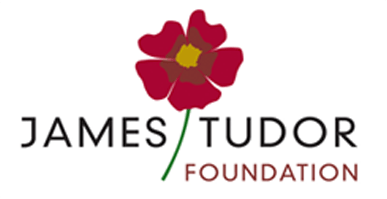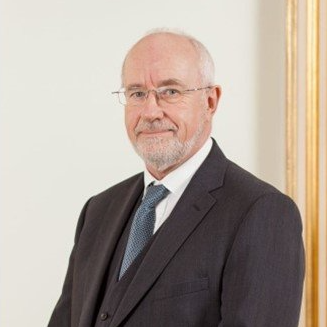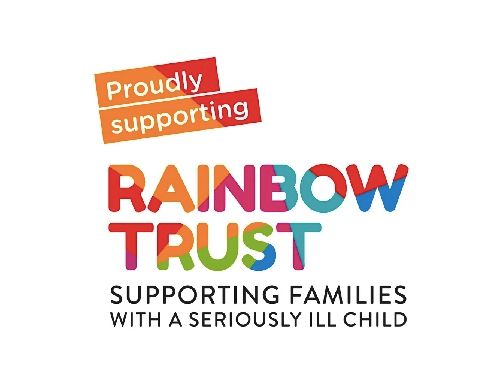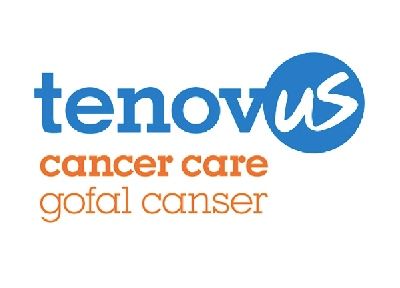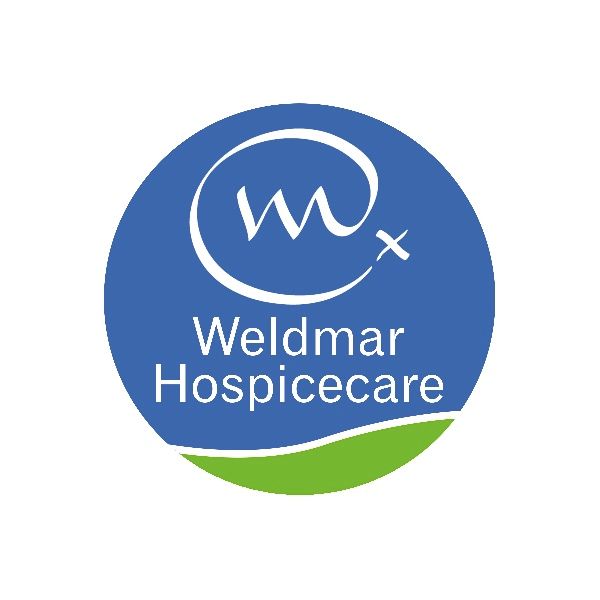0117 959 6496
A SPOTLIGHT ON STANDING VOICE
SKIN CANCER PREVENTION PROGRAMME
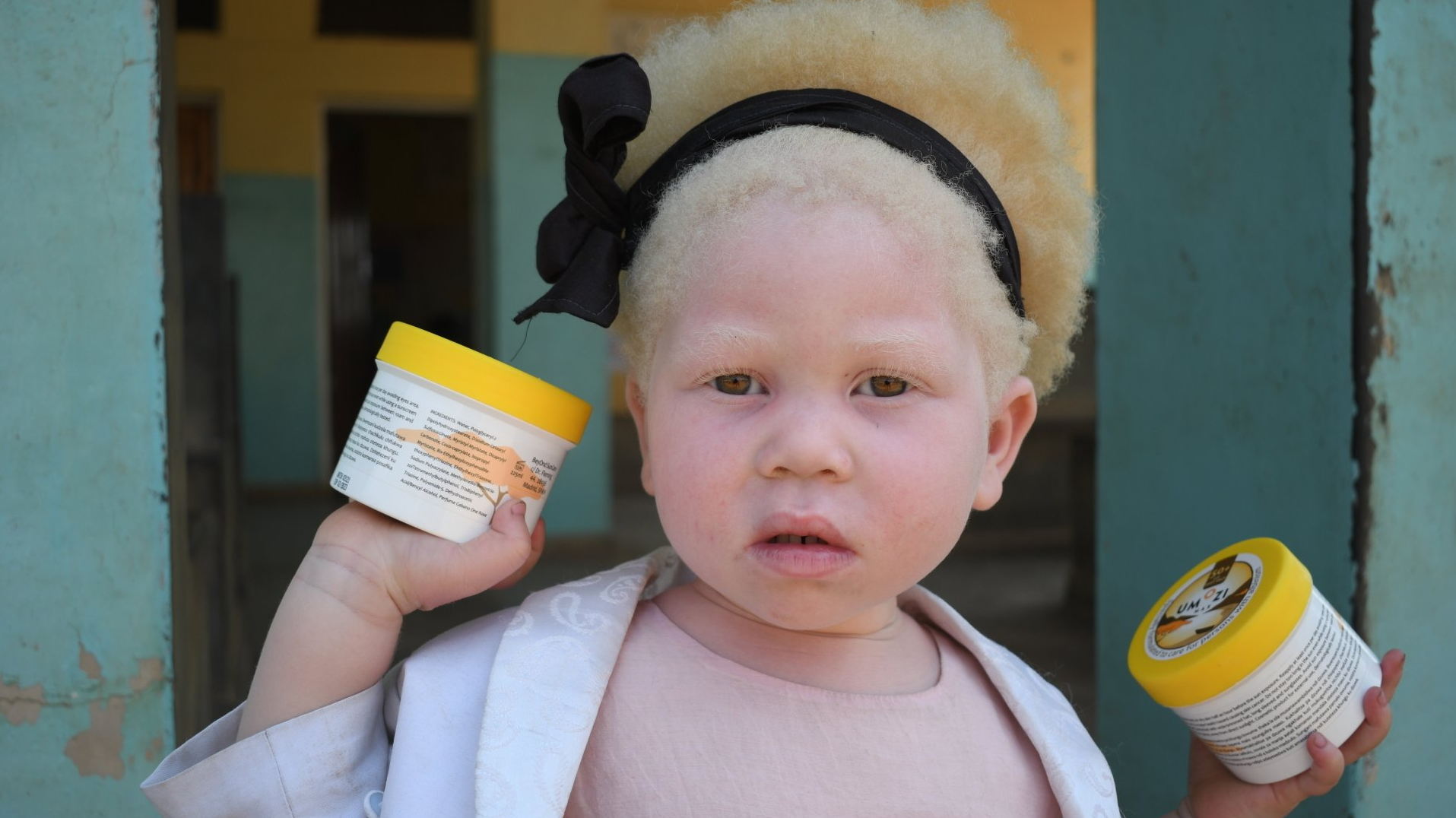
Who are Standing Voice?
Standing Voice are an international NGO based in Tanzania, Malawi and the UK. They work to defend the rights of people with albinism across Africa, where they are often victims of discrimination and violence. The charity runs a variety of projects focused on health, education, advocacy and community development to provide people with albinism with access to services and empower them to speak out against discrimination and stand up for their rights.
What is Albinism?
Albinism is a rare genetic condition that limits the body’s ability to process melanin, leading to reduced pigmentation in the skin, eyes and hair. 1 in 18,000 people in the world are affected by the condition, this rises to 1 in 1,400 in parts of sub-Saharan Africa where it has a higher prevalence.
Melanin deficiency causes complex visual impairment, altering retinal development and nerve connections to the eye; it also eliminates natural defences against sun damage and places people with albinism at heightened risk of skin cancer, especially in hot countries. There is no evidence to suggest, however, that albinism causes any impairment of brain function or mental processing. Vision difficulties can be improved with glasses and skin cancer risks with sun cream and protective clothing, as such there is no medical reason why people with albinism cannot live long and full lives.
You can read more about the foundation and albinism on the Standing Voice website: https://www.standingvoice.org/albinism
The project
The ultimate aim of the Skin Cancer Prevention Programme is to ensure no patient within the programme dies of skin cancer, by providing access to comprehensive dermatological care.
The James Tudor Foundation awarded Standing Voice a grant to run two practical training workshops in the Machinga district of Malawi, yet due to an unexpected donation the project was extended into parts of the neighbouring Mangochi district also.
This project consisted of three week-long workshops, across various sites in Machinga and Mangochi. Delivered in a clinical setting, these workshops were intended to deliver comprehensive dermatological healthcare to people with albinism while strengthening the skills of health workers in the prevention, diagnosis and treatment of skin cancer and other malignant skin conditions suffered by people with albinism in the country. Workshops were also designed to engage and train important civil society stakeholders, such as albinism society leaders, in the mobilisation of patients with albinism and awareness-raising around albinism and skin cancer at the community level.
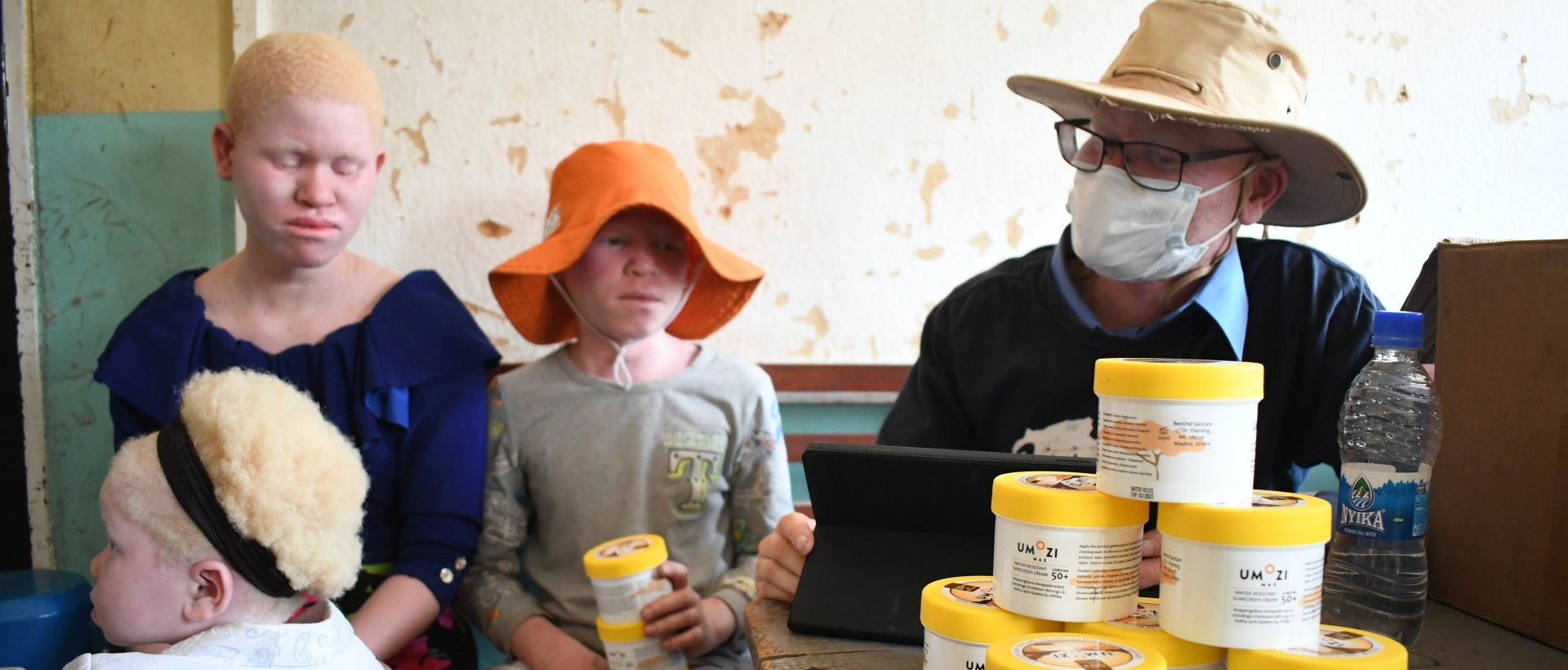
Outcomes
Sunburn is a clear indicator that patients are not taking
adequate precautions against the UV radiation from the sun. However, reports of
sunburn reduced over 10% between Autumn 2020 and Spring 2021. This is extremely
significant as the damage to the skin caused by sunburn can often lead to skin
cancer. This continued reduction shows that patients are applying the knowledge
and skills that they learn in the workshops to keep themselves safe.
Training was also provided to Community Health Workers and Community Albinism Association Leaders enabling them to pass on their newly refreshed knowledge surrounding protection of the skin from the sun and other skin cancer prevention measures.
They were able to train six clinical officers who are working to build relationships with patients across the area to support their skincare needs. One clinician observed that their presence has “motivated persons with albinism to seek treatment when needed since they know that they will be assisted accordingly.”
97.6% of patients found the health education provided useful and a majority continue to wear sun cream and protective clothing and avoid the midday sun wherever possible.
As skin cancer and other malignant skin conditions are long term issues, it can be difficult to measure the progress that has been made in the last year but there are promising signs that the workshops and clinical care that Standing Voice have provided are leading to better health outcomes for people with albinism
They also continue to work to effect change on a national level, attending a high-level meeting on the development of a national skin cancer prevention programme in and a Task Force meeting to review disability policy. They also participated in an African Union consultative workshop to consider a Draft Implementation Strategy of the Plan of Action to End Attacks and Other Human Rights Violations Targeting Persons with Albinism in Africa.